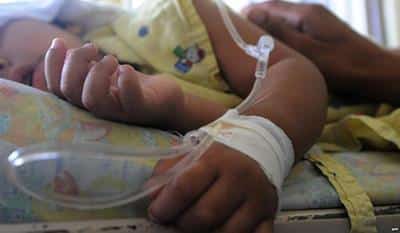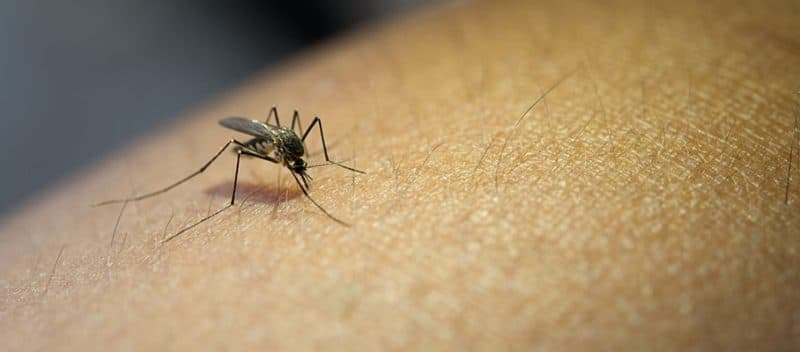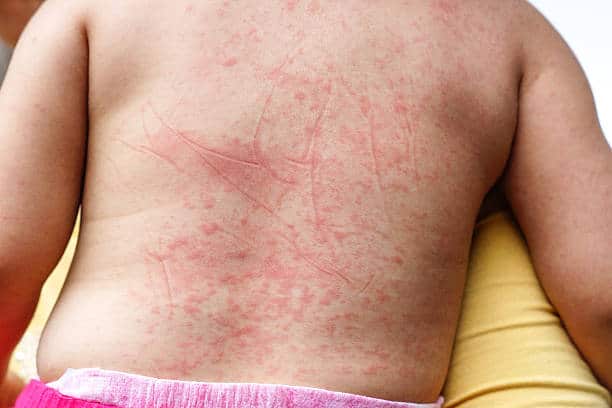Children with obesity can suffer from severe dengue and need hospitalization. A new study of about 5,000 dengue-stricken Sri Lankan kids discovered that weight impacts the level of illness a child can have. The trials show that kids with higher BMIs are hospitalized more than kids with lower BMIs. Those with severe obesity are even more likely to be admitted.

The Problem with Weight and Dengue
Educating the public about the possible risks of obesity and its direct relationship with dengue can create a high level of awareness. The research began weeks after the health officials in Florida issued a dengue alert. Two cases of the disease caused the CDC to issue an advisory about the higher risk of dengue infections in the United States.

Dengue has reached 6.5 million cases. Research reveals that at least 7,300 deaths worldwide occurred last year. But as of the end of June, 10 million dengue cases had already been recognized. Scientists reveal that nine in 10 of these cases need hospitalization. The patients are often below five years old.

Breakbone fever is the other name for dengue. It is elevated body temperature accompanied by a high level of muscle, joint, and bone pain. This disease can also cause petechial rashes, nausea, and vomiting. These symptoms often surface after a two-week incubation period. Severe dengue can cause shock and even death.
Studies show that there is still no available vaccine or medication for dengue. In the U.S., a dengue vaccine has already been approved for nine to 16-year-old kids living where dengue is prevalent. Obesity can also increase one’s risk of acquiring severe diseases like diabetes or COVID-19.

The director of the International Society for Neglected Tropical Diseases, Marianne Comparet, emphasizes the value of these studies for managing the symptoms of at-risk groups despite the uncontrolled progression of this disease. Most dengue-affected countries often lack the resources to deal with this illness. They have susceptible healthcare systems that are easily taken over during dengue outbreaks. That is why many children are at a high risk of suffering from dangerous complications.
Fighting Obesity
Caregivers and parents need to set a healthy lifestyle for children. Providing healthy snacks and meals, nutrition education, and regular physical activities can instill the value of good health in kids at a young age. As they grow, healthy reminders will help them create good eating attitudes and behaviors as they grow up. Physical activities can help manage their weight and reduce their health risks.

Parents can set an example. Children tend to learn from examples. Parents must always stress good health and healthy weight management. The family must learn to embrace the concept of togetherness. Engaging every member of the family in improving eating habits and physical activities can prevent obesity. Eating together is a good way to instill healthy eating behaviors. The child must choose what and how much to eat or whether the child must eat. Healthy portions must always be a rule as well.

Obesity can increase a child’s risk for many diseases, especially dengue. Good health begins at home. Parents must protect their kids from bites and complications when they do get infected by dengue. Work with your doctor to ensure your child has the necessary armor to withstand dengue and other severe illnesses.